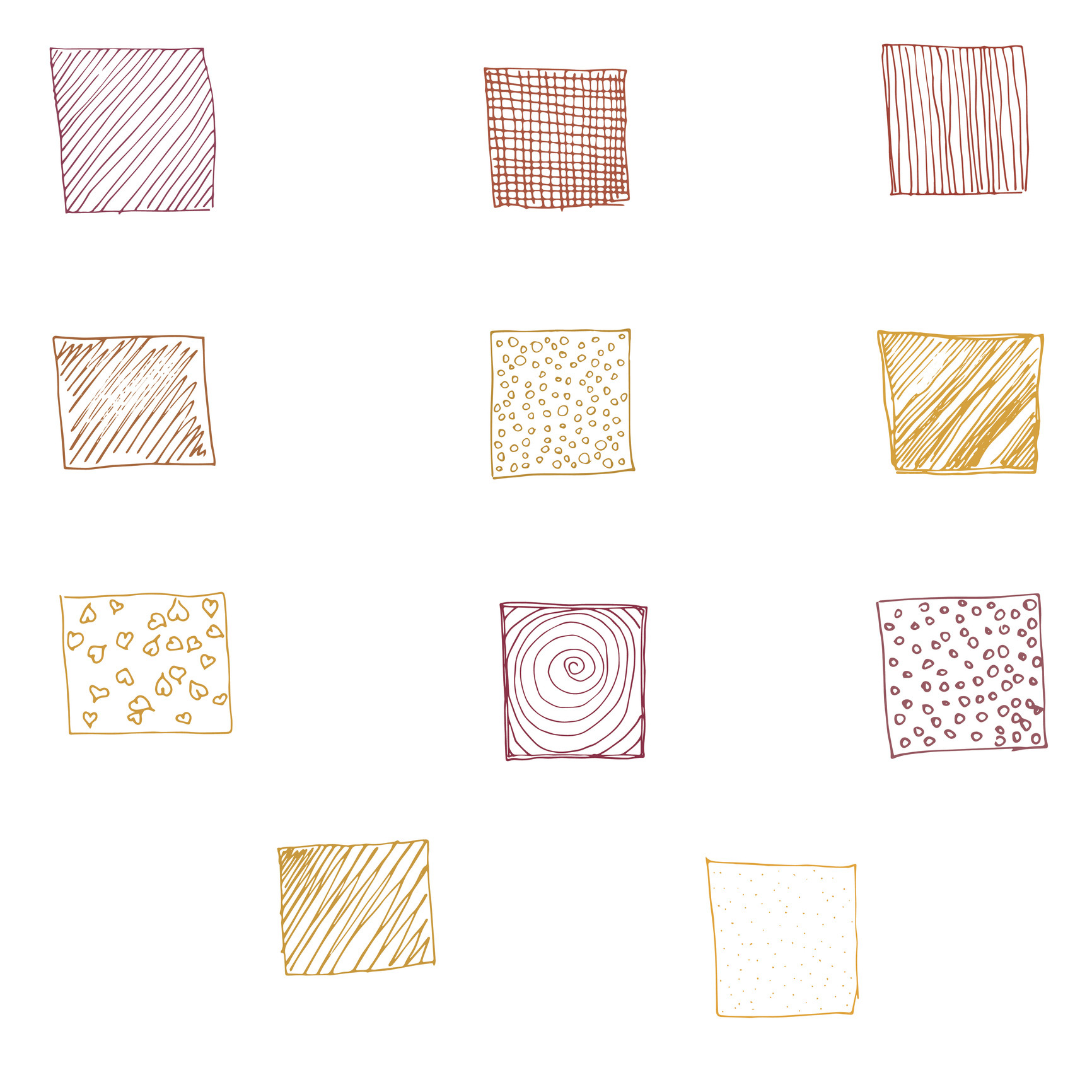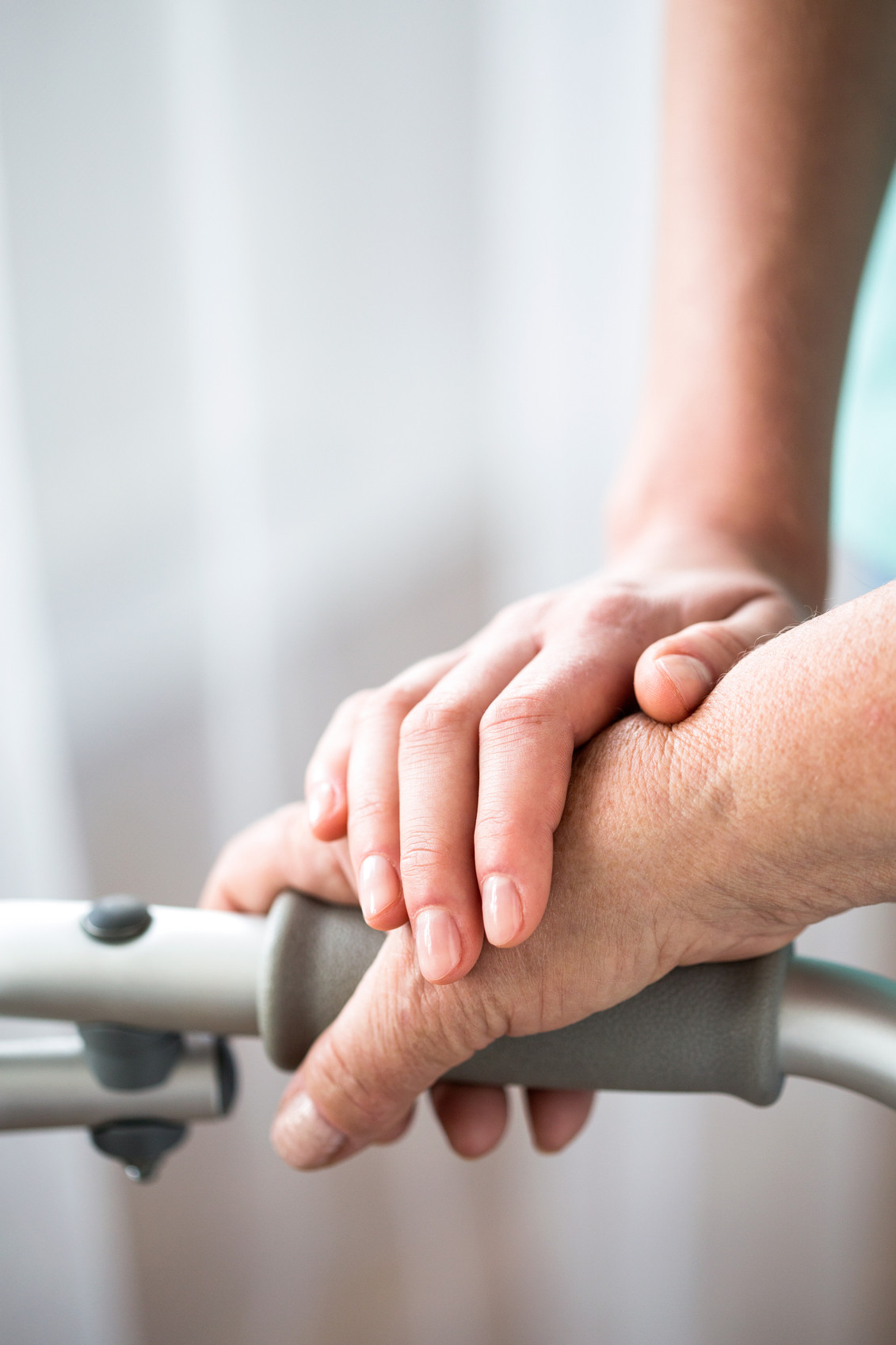Stress Archive
Articles
Take steps to prevent or reverse stress-related health problems
The relaxation response appears to manage stress and some chronic conditions at the deepest levels.
Image: © XiXinXing/Thinkstock
Chronic stress takes a toll on the body: it contributes to everything from high blood pressure and heart disease to anxiety, digestive disorders, and slow wound healing. On the flip side, managing stress helps control many chronic conditions or reduce your risk for developing them. Strategies include regular exercise, a healthy diet, and better sleep. And one strategy in particular—eliciting the relaxation response—may enable you to manage stress right down to your genes.
The anti-stressor
Relaxation response and genes
In the past decade, several studies from the Benson-Henry Institute have suggested that the relaxation response is associated with changes in genes that influence health. Among the findings are effects on the following:
Blood pressure. The relaxation response may activate genes associated with dilating the blood vessels and reduce activity of genes associated with blood vessel narrowing and inflammation. "It increases nitric oxide production, which in-creases the elasticity of the blood vessels and relaxes them," says Dr. Mehta. That can help lower blood pressure.
Blood sugar. The relaxation response may improve insulin activity by activating genes that help to control blood sugar.
Digestion. The relaxation response may reduce the activity of genes directly linked to the processes of inflammatory bowel disease (including Crohn's disease and ulcerative colitis). "Stress stimulates the digestive tract, which may cause diarrhea or nausea. The relaxation response returns gastrointestinal movement to a balanced state," explains Dr. Mehta.
Inflammation. "The relaxation response appears to turn off genes implicated in inflammation, and the stress response itself," says Dr. Mehta. While we need inflammation to fight infection and heal the body, chronic stress puts the body in a constant state of inflammation. That can increase plaque buildup inside coronary arteries, which may raise the risk for heart attack, stroke, and chest pain, and can also trigger unregulated cell growth, contributing to cancer risk. Does this mean the relaxation response can prevent health problems, or even reverse health problems that have already appeared? "It's encouraging, and we are studying that question right now," says Dr. Mehta.
Trigger the response
More ways to get there
Other techniques that evoke the relaxation response include mindfulness meditation, tai chi, yoga, and the following methods.
Focused breathing. Focusing on slow, deep breaths can be calming. Make sure your belly moves in and out as you breathe.
A body scan. Concentrate on one part of the body. Imagine it is open, warm, and relaxed, and that you are releasing tension from that area. Move on to another body part and repeat the process.
Guided imagery. Create a soothing scene in your mind that makes you feel relaxed. It may be a place or an experience. Allow your senses to be involved, imagining the smells you are encountering, the sounds you are hearing, and the ways things feel in your hands.
Repetitive prayer. Repeat a favorite prayer from your faith either silently or out loud. You can use a guide (such as your breathing or a rosary) to help with the repetition.
For more information, contact the Benson-Henry Institute for Mind Body Medicine at 617-643-6090 or www.bensonhenryinstitute.org.
Are heart attack triggers real?
A large international study of people around the world suggests that extreme physical exertion or emotional upset may be triggers for a heart attack.
The healing power of touch
Massage therapy can help relieve pain, speed recovery from injury or surgery, and reduce stress.
Image: Jacob Wackerhausen /Thinkstock
Men may think of massage as an occasional treat or a vacation indulgence, but this type of therapy could be a natural way to stay healthy and pain-free.
One of the most common health issues for older men is chronic pain, defined as pain that lasts more than 12 weeks. This includes back pain, headache, cancer pain, and arthritis pain. Then there are the everyday aches from daily living. All of these act as barriers to a healthy lifestyle.
Mobile app reduces stress incontinence episodes in small trial
Women who used Tät, a smartphone app, did more pelvic floor exercises and had greater reductions in episodes of stress incontinence.
4 things you can do to alleviate caregiver stress
If you are taking care of a loved one, you need to take special care of yourself, too. There are resources to help you.
Image: Bigstock
More than 65 million Americans—two-thirds of whom are women—are taking care of a disabled or ailing family member. If you're among them, you're well aware that caring for a loved one can be one of the most rewarding experiences in life, but it can also be one of the most challenging, especially to your own health.
"We know family caregivers are under a particular amount of stress. And stress over time can cause them to become ill," says Dr. Diane Mahoney, Jacque Mohr Professor of Geriatric Nursing Research at MGH Institute of Health Professions, an academic affiliate of Massachusetts General Hospital. In fact, more than 20% of caregivers report that their health has suffered as a result of their responsibilities.
Shift stress to calm: An “inner family” affair
The new book Organize Your Emotions, Optimize Your Life proposes that the human psyche has nine life forces speaking as our “inner voices,” each with its own agenda and emotions. Learning to listen and respond to those voices can help you shift your stress to a sense of balance.

Can white noise really help you sleep better?

Celiac disease: Exploring four myths

What is prostatitis and how is it treated?

What is Cushing syndrome?

Exercises to relieve joint pain

Think your child has ADHD? What your pediatrician can do

Foam roller: Could you benefit from this massage tool?

Stepping up activity if winter slowed you down

Common causes of cloudy urine

Dragon fruit: How to enjoy this antioxidant-rich fruit
Free Healthbeat Signup
Get the latest in health news delivered to your inbox!
Sign Up










